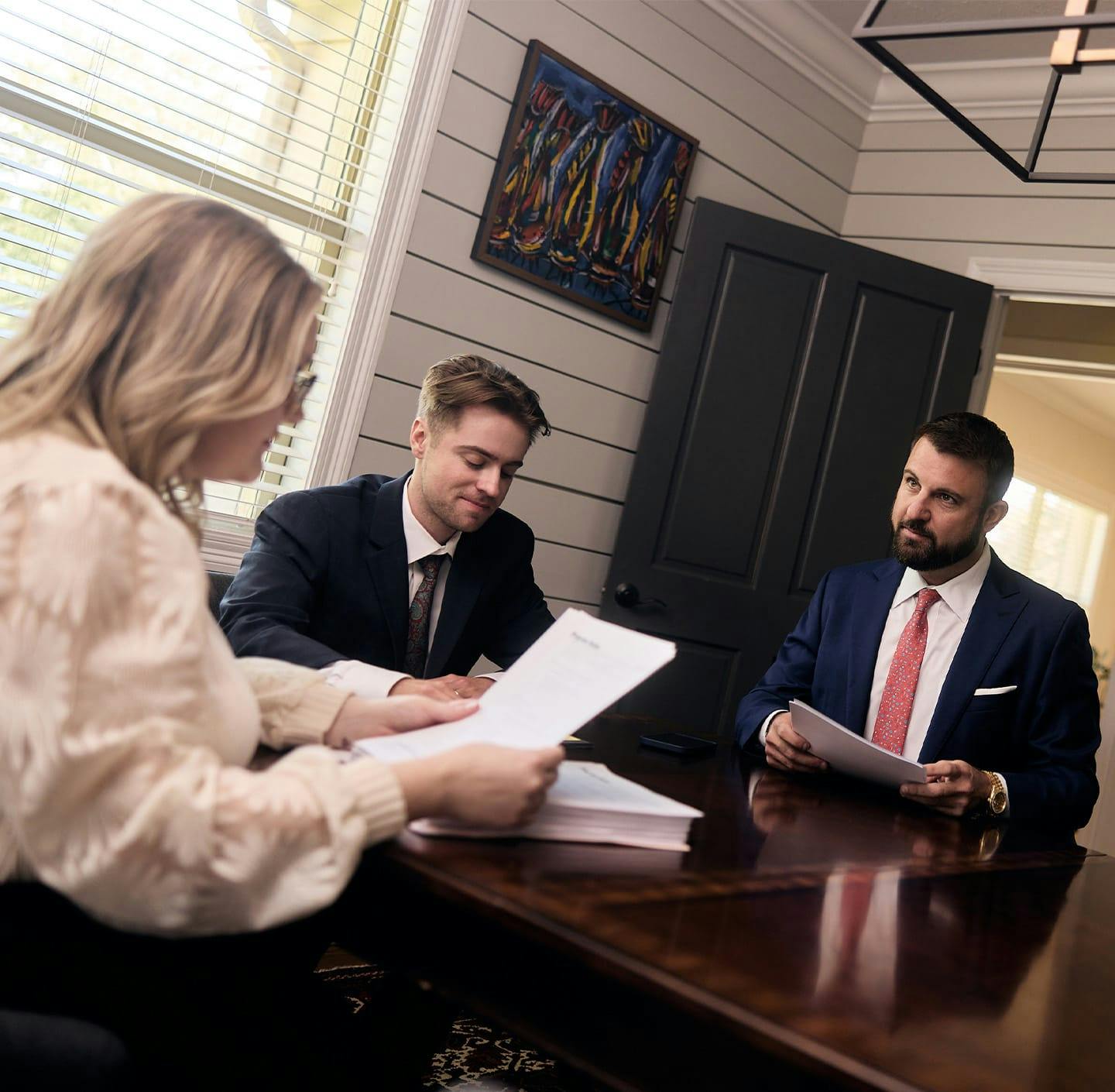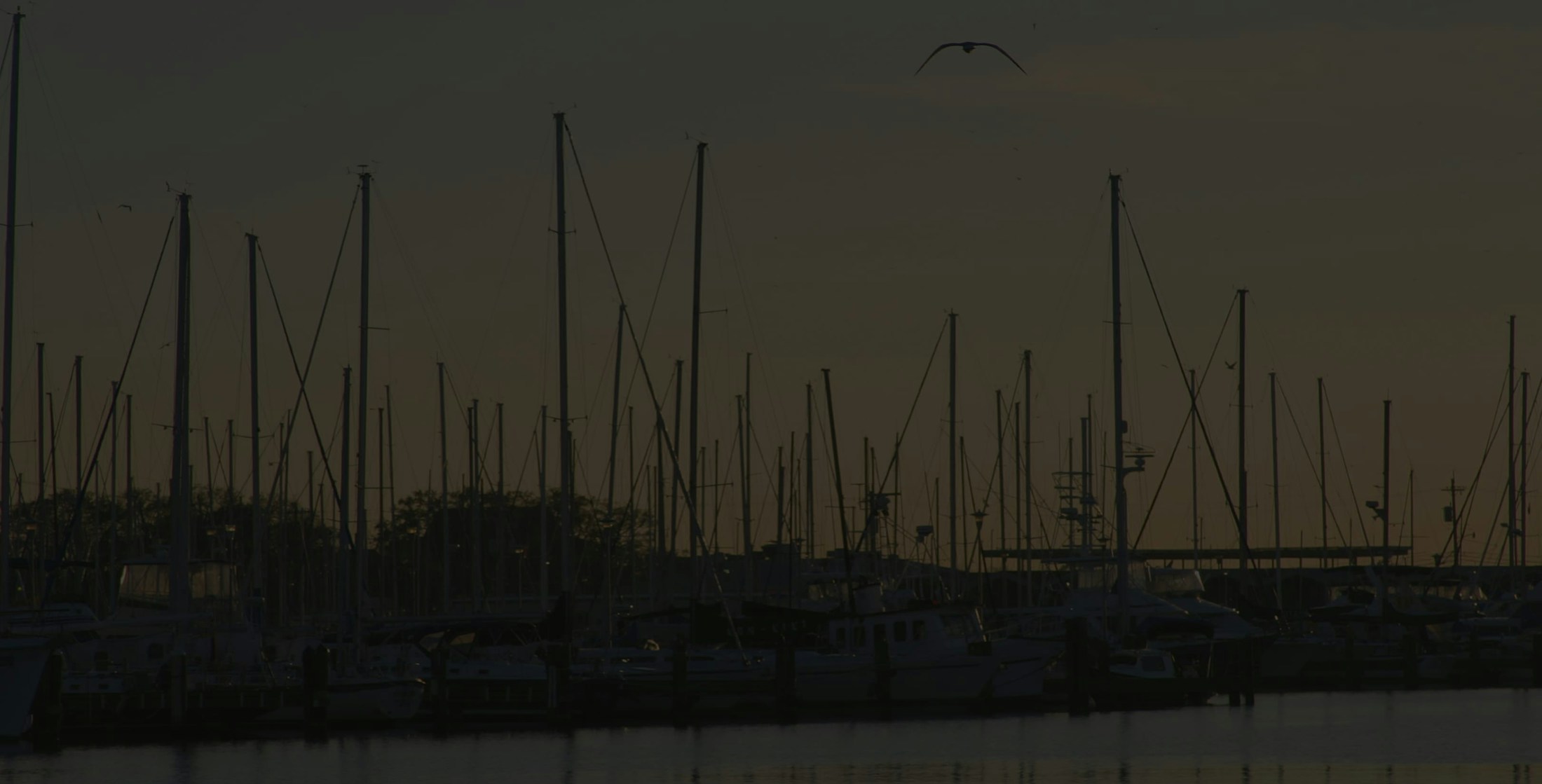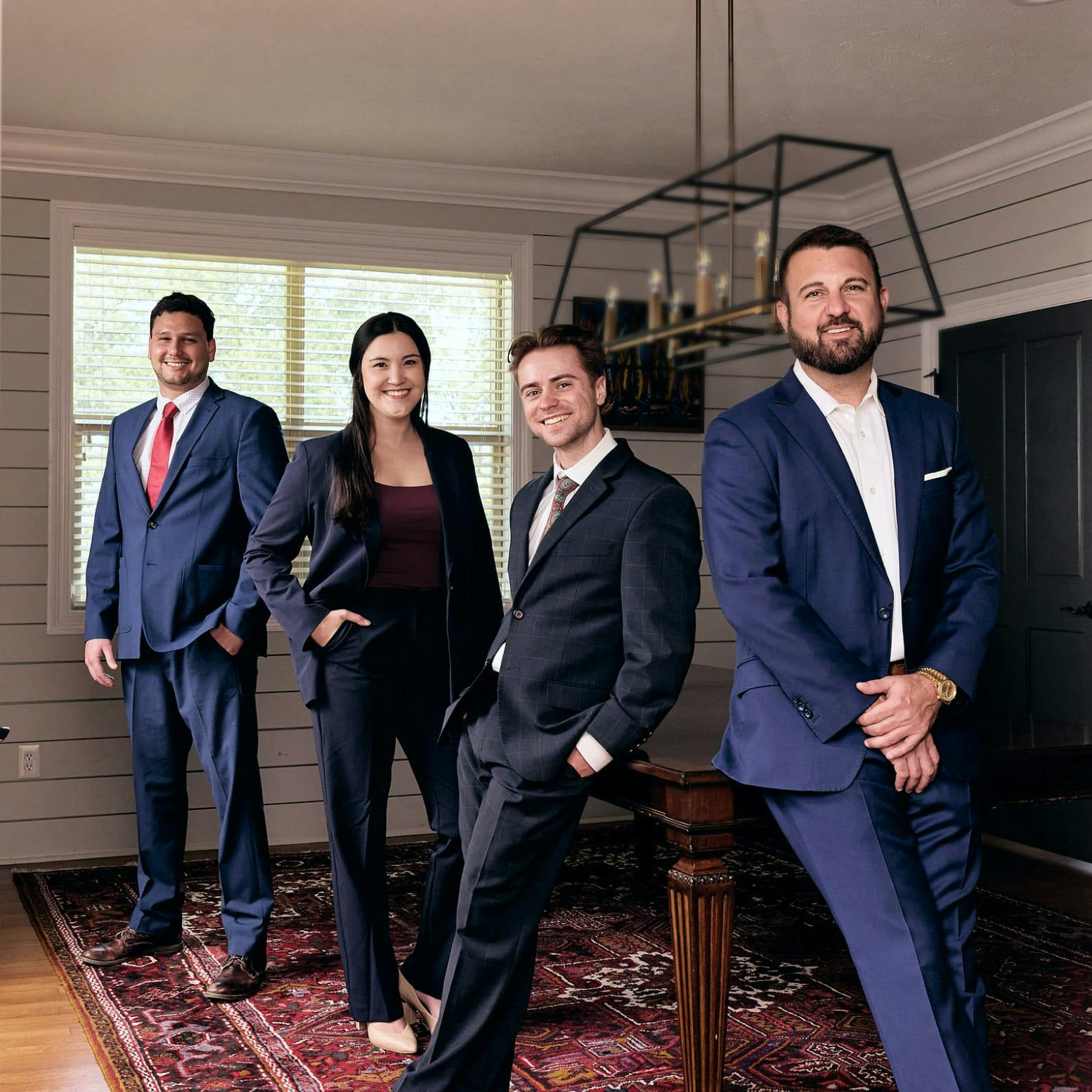Why Mass Torts Matter in Mississippi LDS Abuse Cases
Survivors of LDS sexual abuse often face a legal battle against one of the most resource-rich religious organizations in the world. Alone, it can feel overwhelming, especially when there are allegations of systemic cover-ups, institutional silence, and failures to protect children.
A mass tort changes that dynamic. By joining with other survivors whose experiences share common threads, you:
- Gain the leverage of combined legal resources to match the institution’s size and power
- Connect your story to a broader pattern, helping to demonstrate that the abuse was not an isolated incident
- Increase the depth and scope of evidence through shared testimony, records, and investigative findings
- Send a unified message that survivors will not remain silent and that those responsible will be held to account
This united approach strengthens each survivor’s case while keeping your claim—and your voice—distinct. Together, survivors can do what’s often impossible alone: force transparency, demand accountability, and secure meaningful compensation.





